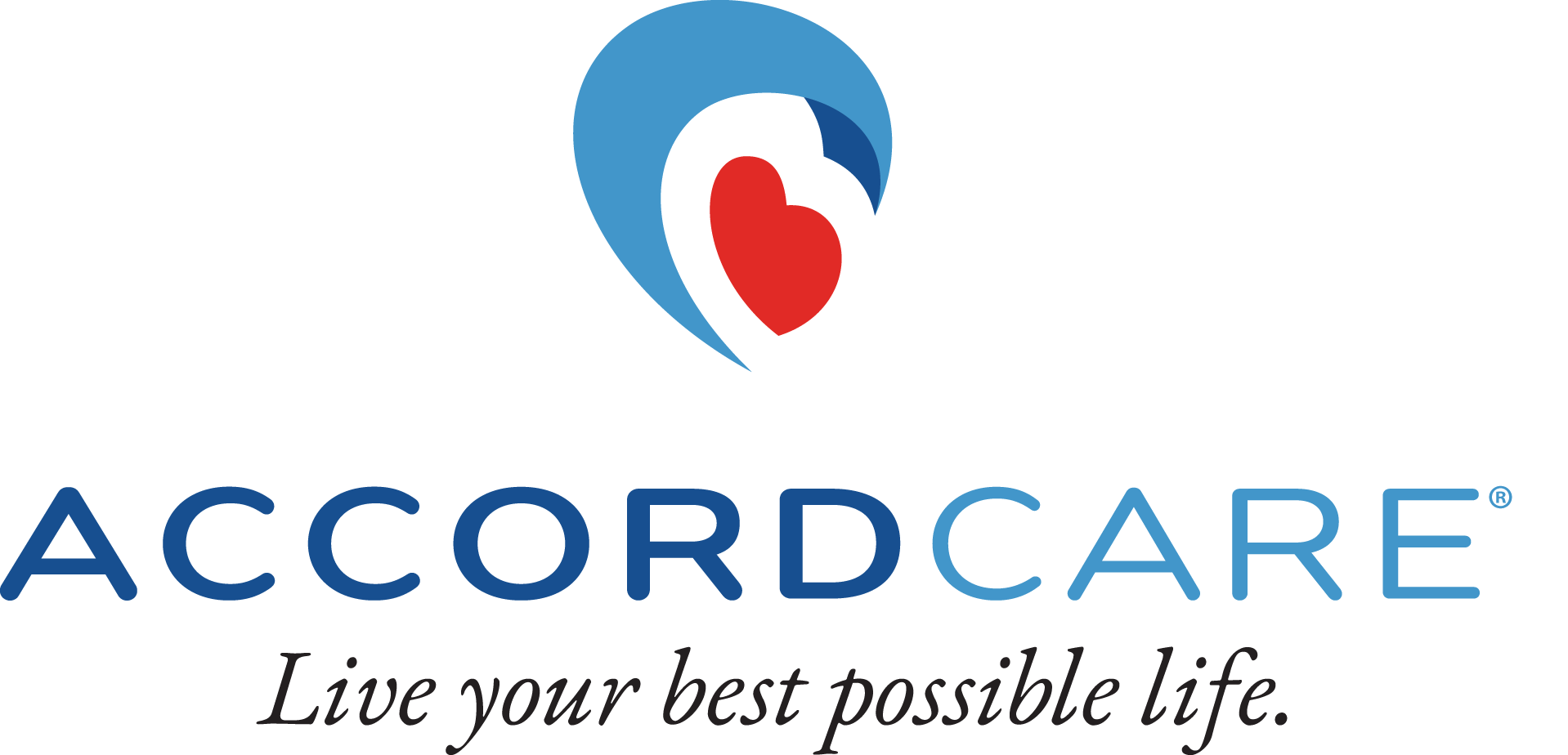A hospital stay can be a trying and stressful time for even the most patient and otherwise healthy of people, and this is doubly true for older adults who have become well-accustomed to living alone at home and who have established preferences and routines that are disrupted by staying in the hospital.
Between pain, sickness, constant noise and interruptions and hospital food, it is no wonder that most people are ready to leave the hospital as soon as possible.
However, a great deal of care and foresight must be taken in the planning and organization of a patient’s discharge from the hospital, and this is especially true for those with complex medical needs or who will be requiring care at home. Failure to plan appropriately can result in compromised safety, further injury or sickness and even potentially re-admission to the hospital.
Using this checklist can help you remember the things you or your family members will need to arrange for before a discharge home to ensure a smooth and successful transition back into the home setting.
1. Assess Mobility and Mobility Needs
One of the biggest obstacles to returning home from the hospital for many older adults is the issue of limited mobility and how they can get around in the setting of their own home. This is especially true following a traumatic fracture or a hip or knee replacement, where movement may be restricted.
If an older adult will be confined to a wheelchair, either indefinitely or for a short period, this constitutes a significant challenge to mobility as well.
One challenge that many people with restricted mobility face is difficulty bathing, showering and dressing themselves. In part, some appliances and devices can be used or installed in the home to help make these processes easier, such as a shower seat or grab bars for the bathroom.
However, the assistance of an in-home caregiver is another factor that should be considered. A professional caregiver who comes to the home to provide support services to your loved one can provide individualized, one-on-one attention and care as well as assistance with bathing, showering, grooming and dressing. These services can promote personal interaction between a caring support person and your loved one as well as improving their independence in the home and dignity with personal care activities.
2. Consider Meals and Meal Preparation
When you stay in the hospital, meals are either prepared for you or brought in by family from outside the hospital. For this reason, it can be easy to forget about cooking and meal preparation while staying in the hospital.
However, how you or your loved one will eat–and what you will eat, and how and where and by whom the food will be prepared–is an important consideration when going home from the hospital.
It may be difficult or impossible for physical or mental reasons for your loved one to safely prepare food; for instance, if they become too short of breath when moving around preparing food or if they have a cast on their dominant hand that precludes food preparation. Some people may have memory loss or side effects of medications that make them drowsy or forgetful and may not be able to operate an oven or other cooking appliances safely.
Meal preparation in the home by a professional caregiver is an excellent way to ensure your family member is getting the nutrition they need to heal properly and eating meals they will actually enjoy. It also alleviates any safety concerns about burns from a hot stove, knife handling and other safety hazards associated with cooking that your loved one might otherwise face.
3. Medication Management
When you are in the hospital, you are generally taking more medications than you would be at home, and in different quantities. However, they are typically brought to you and given by a nurse, who is responsible for their safe administration. She or he will make sure you are taking the right medications in the right quantities in a manner that is safe and appropriate.
On the discharge home from the hospital, however, things are different. Whether your family member needs help opening the medication packages or bottles, or remembering how much to take at which time of day, having assistance and oversight of medication administration at home can go a long way towards promoting safety and well-being.
No matter how long you have stayed in the hospital or how eager you are to return home, the services of qualified caregivers can help to ensure safety, provide comfort and companionship and make sure the transition from the hospitals back to the home environment is as smooth and seamless as possible.





